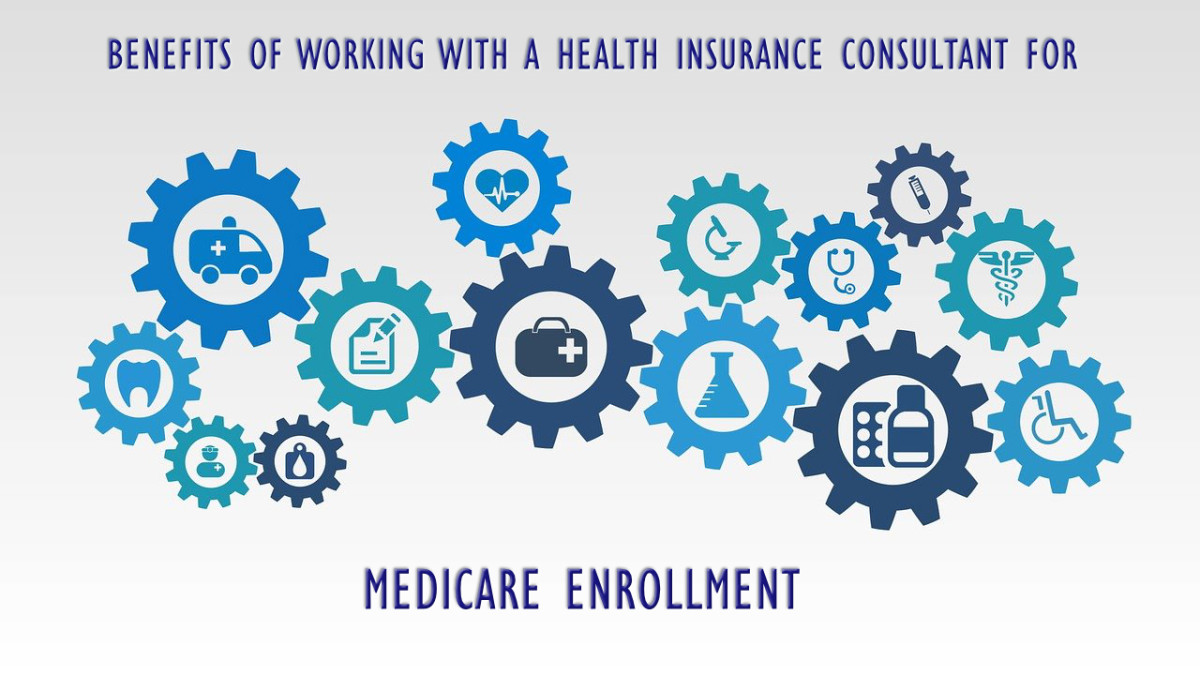How To Find The Best Student Health Insurance Plan
Choosing The Best Student Health Insurance Can Be Difficult

What About University And School Plans?
University and school student health insurance plans are typically fairly affordable and provide adequate medical benefits. Of course, there are major differences in coverage and rates. For example, the Ohio State University plan will be completely different than the University of Texas plan. And that's expected since each state may have different mandated benefits that must be included.
Although cost will vary, typically, a school health insurance plan will cost about $75-$200 per month. And yes, that is a big range. If you utilize an on-campus facility, have very few (if any) medical issues that require off-campus treatment, and don't mind a lifetime cap that is perhaps substantially less than most private policies, then a school-sponsored policy should be considered.
The on-campus medical centers are generally very adept at treating simple symptomatic illnesses such as colds, flues and viruses. X-rays and simple lab tests cal also be performed. But major surgeries and emergency treatment may have to be handled at other facilities. If they are not nearby, the quality of treatment could be impacted. For that reason, school health insurance plans from Universities in rural areas may possibly pose the highest risk.
A private (your own) student medical plan can be carefully crafted and shaped to include the coverages that are most important to you, along with the carrier Networks that offer the best physicians and hospitals in your area. It's highly possible that the doctor you have used for many years will not be available on a University plan. This also may be true for a local hospital you prefer. Conversely, when you buy your own personal coverage, before applying for a policy, you can view Network providers and ensure your personal physician is on the list.
Cost. Yes, I saved the biggie for last. Which cost more? Actually, it will vary, depending on the school you attend, the area where you live and your medical history. A school plan may be streamlined to accept almost all applicants. If that's the case, and you have severe medical problems, that may be the best route to take.
Of course, you can still be approved for coverage on a private plan with existing conditions. Perhaps not cancer or diabetes, but if you are being treated for an illness and it is well-controlled, you are likely to be approved and if you had prior credible coverage, the policy will pay for that treatment.
Don't Waste Your Money On The Wrong Student Plan!

How Much Will Student Health Insurance Cost?
Student health insurance plans typically cost less than conventional medical plans. Why? Because most students are under the age of 23 and are generally healthy. Of course there are exceptions, but these two factors make a huge difference. Naturally, if you are taking classes and you are much older, you rate will be higher.
And if you don't think you can medically qualify for a plan, you may be forced to pay a higher premium. This, however, may change in 2014, depending upon the outcome of the 2014 Presidential election. Each political party (Democrats and Republicans) have different visions of what health care should look like in the US. Both sides have make good points why their idea is the better choice.
Where you live will directly impact your rate. Student health insurance rates in Ohio are very low. Do you live in Ohio or Alabama? Then you're rate should be fairly low. Do you live in Vermont or New Jersey? If you do, you're probably aware that health insurance rates are high in those two states. Although, of course, most students are young, which helps reduce the rate, may states will have fairly high rates.
For example, in many Midwestern states, a private student medical plan can be purchased for as little as $50 to $60 per month, although low or no deductible comprehensive plans may cost as much as $150 per month or more. Often, this will be lower than a typical University plan. College plans tend to be fairly similar while a personal individual health insurance plan will have many variations.
However, it is extremely important to properly compare a private plan with a school plan. The cost of a school plan (per semester) could cost between $400 and $1,200, which is a huge range. Since insurers are different, as are benefits and underwriting guidelines, there will be tremendous differences, depending on what you school you attend.
A broker that specializes in personal health insurance or a reputable website can quickly point out differences in plans and customize coverage so that important benefits are covered and the most important risks are included in the plan. If there are serious medical conditions present, qualifying for your own personal policy may be difficult and thus, selecting a school medical policy may be in your best interest.







